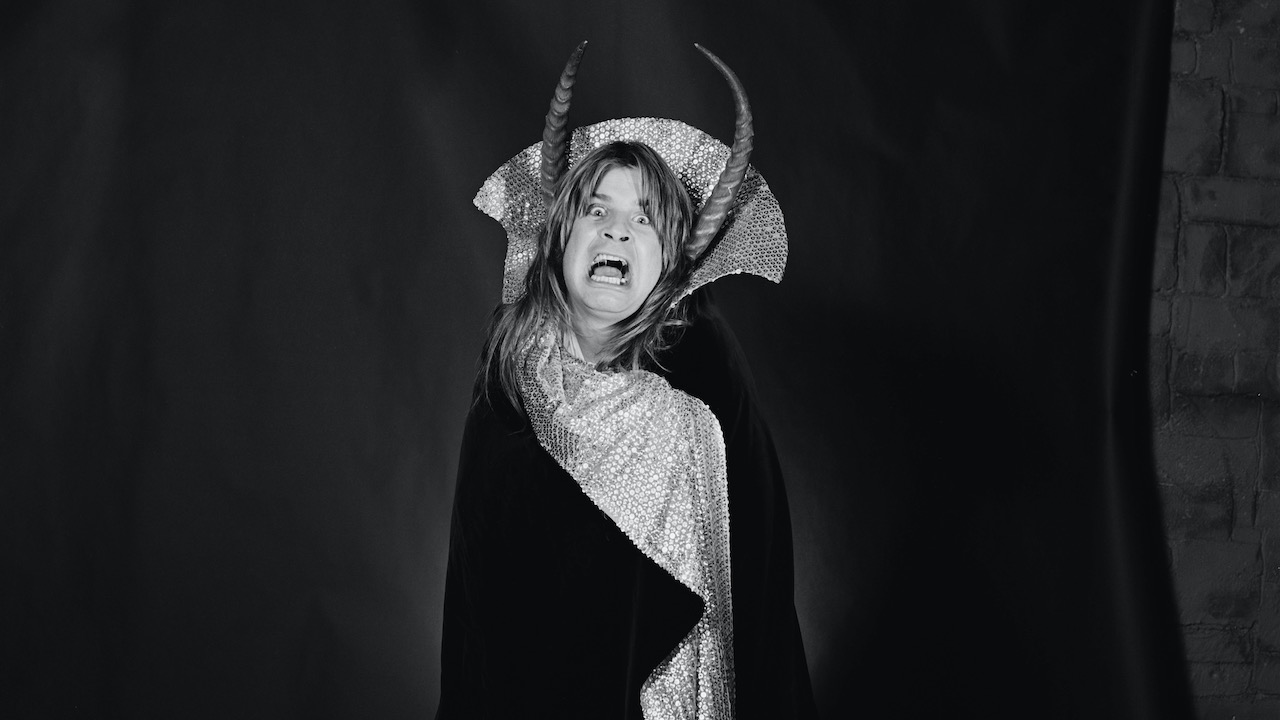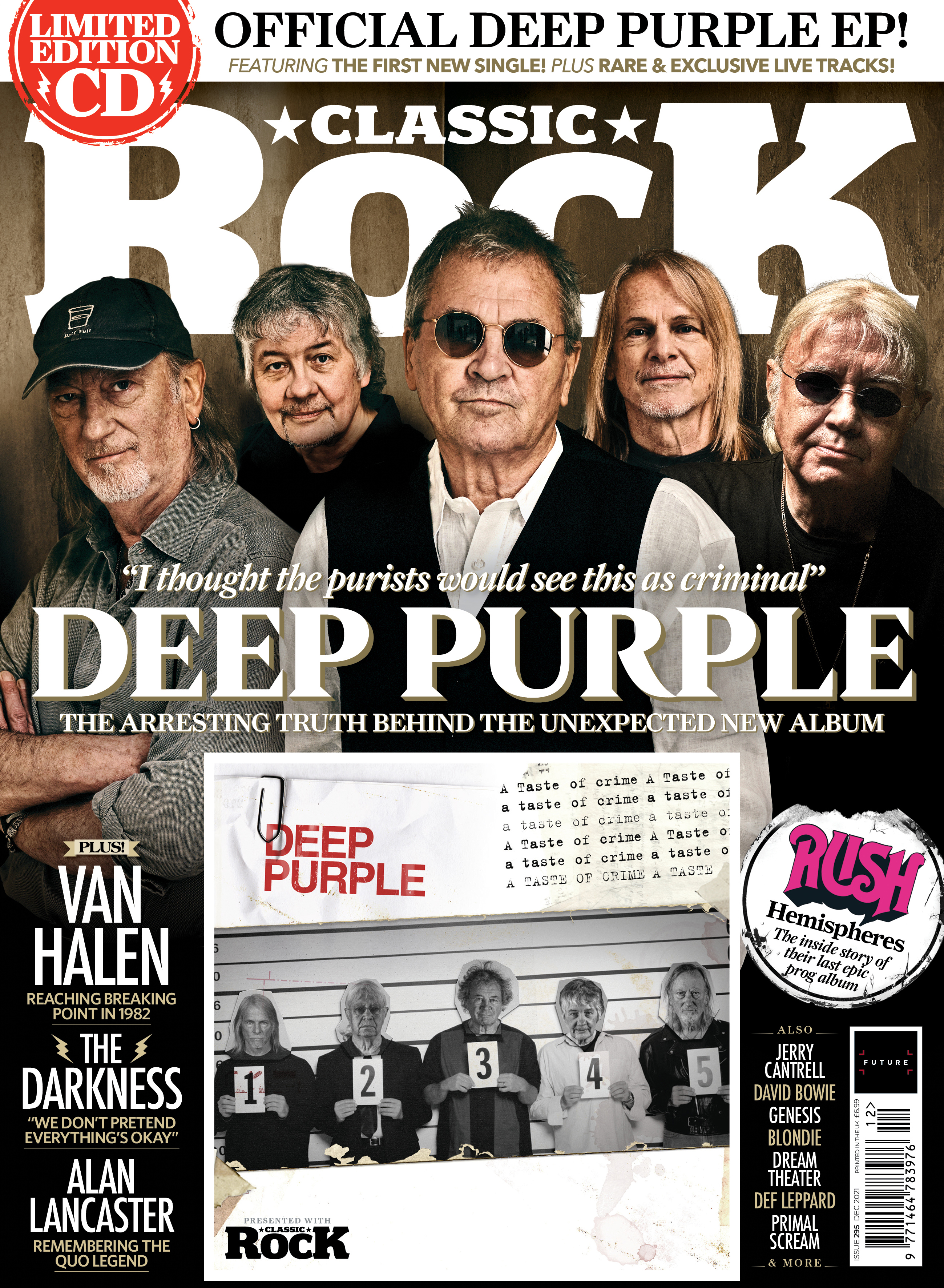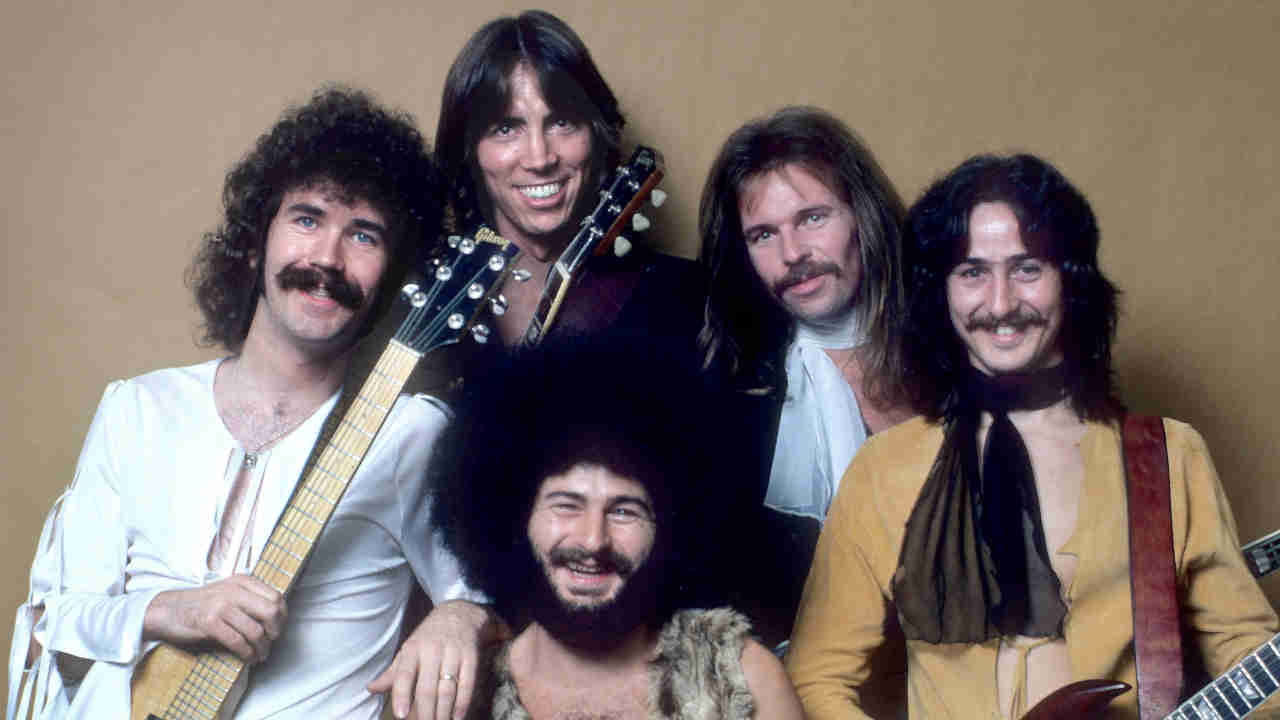‘The floodgates of Hell opened!’ Deep Purple star recalls furious backlash after he dared to cover Ozzy Osbourne classics
As Deep Purple get set to release their new covers album, Turning To Crime, one band member recalls how he enraged Ozzy Osbourne fans by tweaking some classic metal anthems

Select the newsletters you’d like to receive. Then, add your email to sign up.
You are now subscribed
Your newsletter sign-up was successful
Want to add more newsletters?

Every Friday
Louder
Louder’s weekly newsletter is jam-packed with the team’s personal highlights from the last seven days, including features, breaking news, reviews and tons of juicy exclusives from the world of alternative music.

Every Friday
Classic Rock
The Classic Rock newsletter is an essential read for the discerning rock fan. Every week we bring you the news, reviews and the very best features and interviews from our extensive archive. Written by rock fans for rock fans.

Every Friday
Metal Hammer
For the last four decades Metal Hammer has been the world’s greatest metal magazine. Created by metalheads for metalheads, ‘Hammer takes you behind the scenes, closer to the action, and nearer to the bands that you love the most.

Every Friday
Prog
The Prog newsletter brings you the very best of Prog Magazine and our website, every Friday. We'll deliver you the very latest news from the Prog universe, informative features and archive material from Prog’s impressive vault.
The title of Deep Purple’s new covers album, Turning To Crime, is a tongue-in-cheek acknowledgement from the English hard rock legends as to just how divisive and contentious such projects can be: indeed, interviewed in the current issue of Classic Rock magazine, which comes with an exclusive, official 4-track Purple EP, vocalist Ian Gillan admits that he was “totally against” the idea initially, admitting, “I thought the purists, and myself, would see something like this as criminal, metaphorically. it’s awfully cheeky to think that you can improve on the originals, which are embedded in everyone’s mind.”
One man who knows all about the fury which can be unleashed when covers albums meet with fan disapproval is Deep Purple guitarist Steve Morse. It’s a lesson the Ohio-born guitarist learned the hard way, after recording alternate takes on six classic Ozzy Osbourne songs for a one-off project with original Blizzard of Ozz band members, and the songs’ co-writers, Bob Daisley and Lee Kerslake.
Together with Australian vocalist Jimmy Barnes (plus guest keyboardist Don Airey, now a colleague in Purple), Morse recorded the songs under the band name Living Loud, and released them in 2004 on the groups’s self-titled debut album. It’s fair to say that the album did not meet with wholesale approval from Ozzy Osbourne loyalists.
“We tried out some different things with the songs, which Bob really liked, and ended up with something a little bit different,” Morse recalls. “And my God, the floodgates of Hell opened up! Some people absolutely lost their minds, and we received all manner of abuse.”
“So, having been through that once, I’m prepared for some backlash again,” the guitarist adds, with a knowing laugh. “But there‘s always the possibility that some people might like it, I suppose.”
Ian Gillan, for one, is a fan,
“I really love this record,” he says emphatically. “You can always tell if you feel proud of a record if you play it a few times afterwards and really listen to it, which isn’t that case with all the records that I’ve made! But I have played this one, and I’ve played it to my pals, and I played it in a bar, and I’m very happy with it. It’s harking back to why we do what we.”
Deep Purple’s Turning To Crime album is released on November 26.
For a deeper dive into the making of the album, plus features on Van Halen, Rush, The Darkness and more, pick up the new issue of Classic Rock, on-sale now.
Sign up below to get the latest from Classic Rock, plus exclusive special offers, direct to your inbox!


A music writer since 1993, formerly Editor of Kerrang! and Planet Rock magazine (RIP), Paul Brannigan is a Contributing Editor to Louder. Having previously written books on Lemmy, Dave Grohl (the Sunday Times best-seller This Is A Call) and Metallica (Birth School Metallica Death, co-authored with Ian Winwood), his Eddie Van Halen biography (Eruption in the UK, Unchained in the US) emerged in 2021. He has written for Rolling Stone, Mojo and Q, hung out with Fugazi at Dischord House, flown on Ozzy Osbourne's private jet, played Angus Young's Gibson SG, and interviewed everyone from Aerosmith and Beastie Boys to Young Gods and ZZ Top. Born in the North of Ireland, Brannigan lives in North London and supports The Arsenal.
